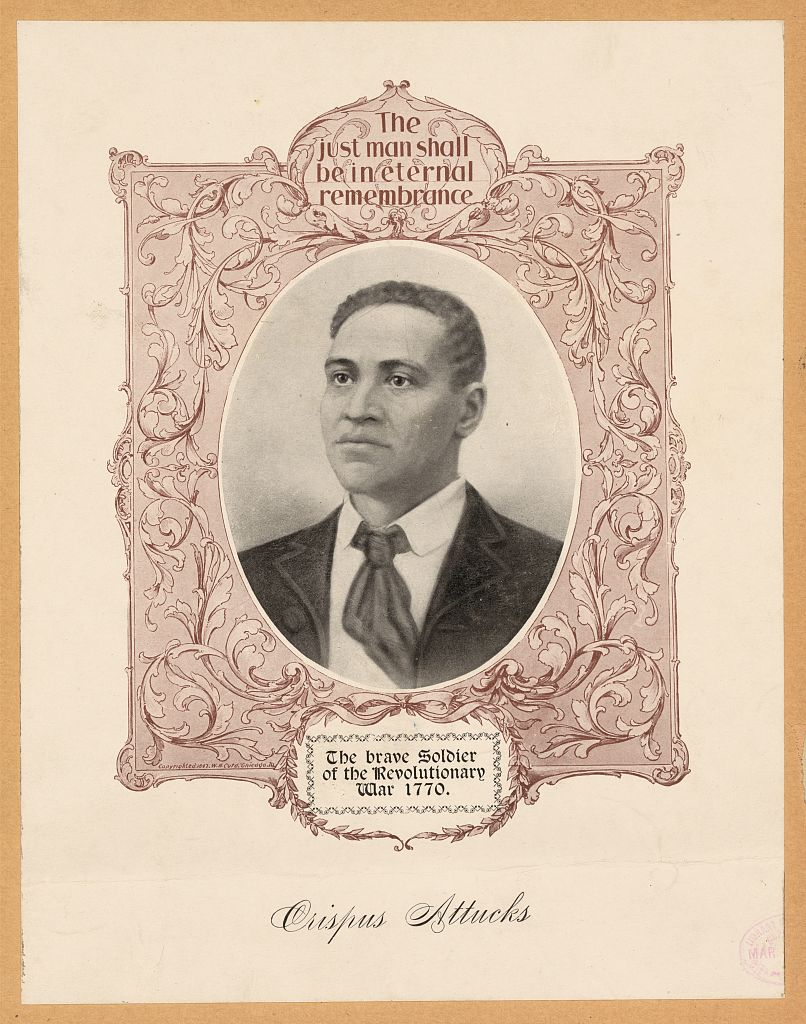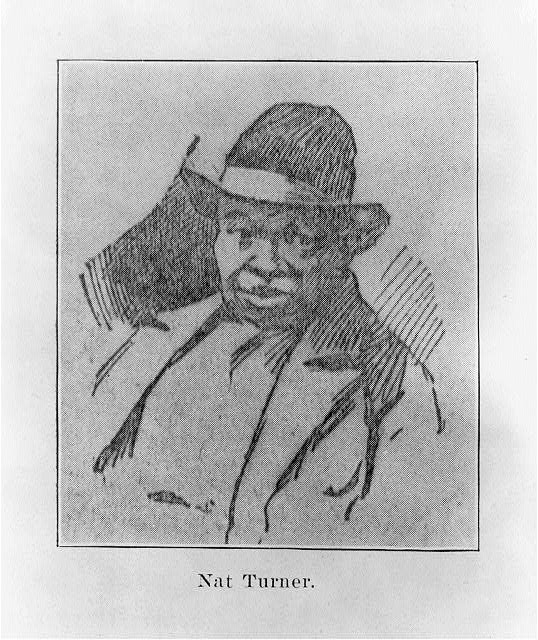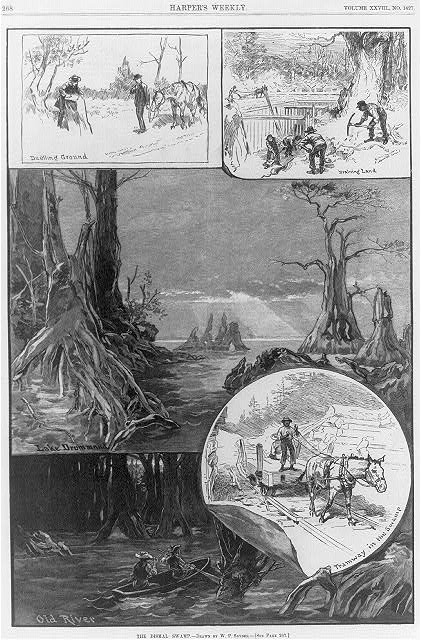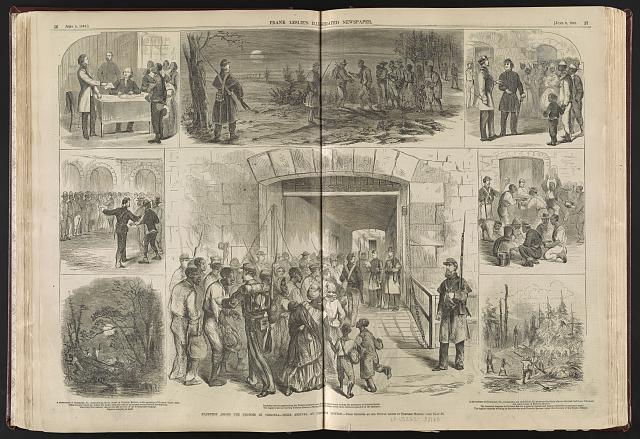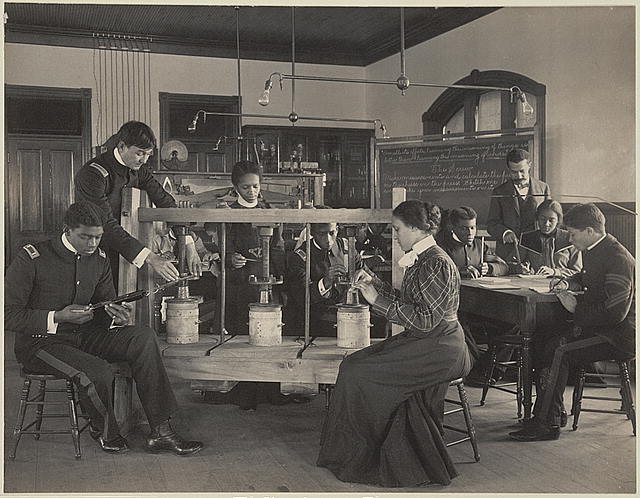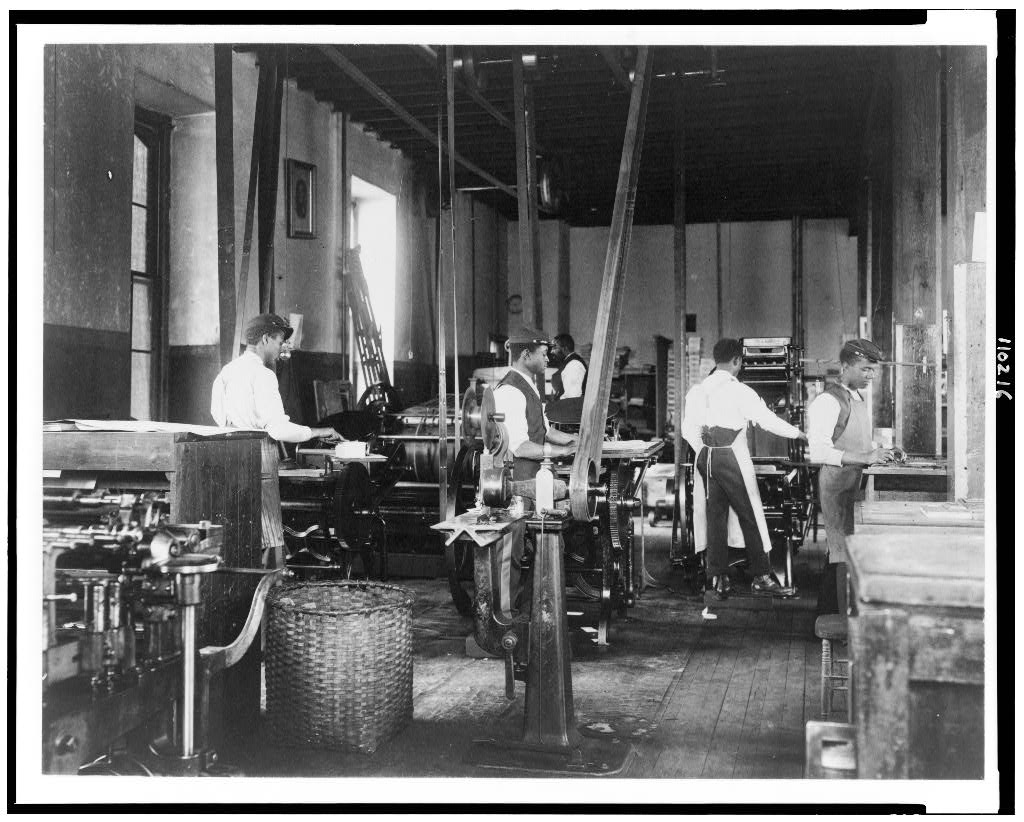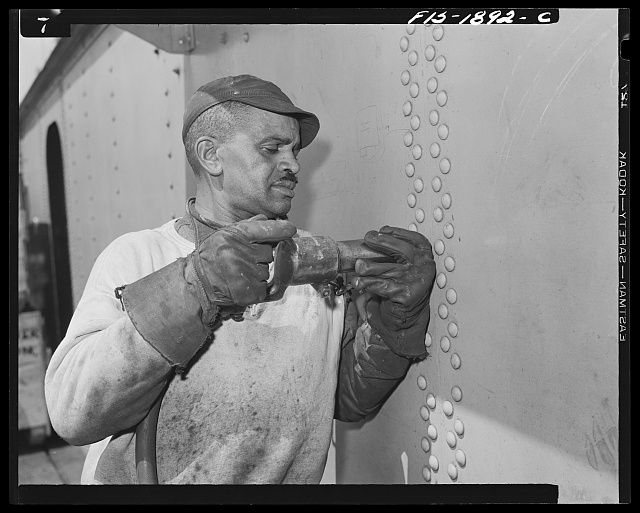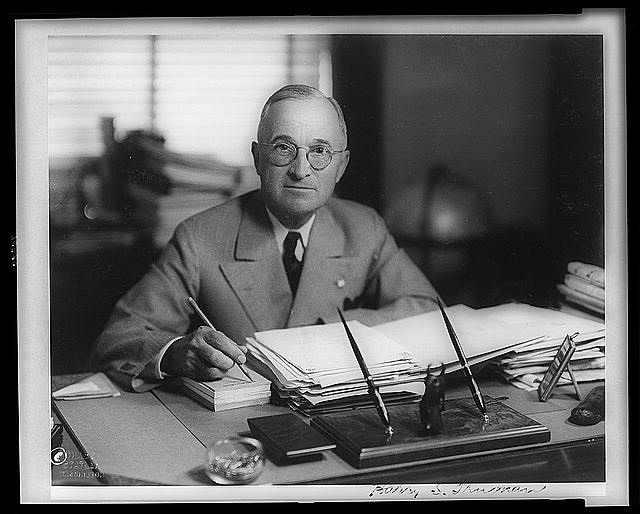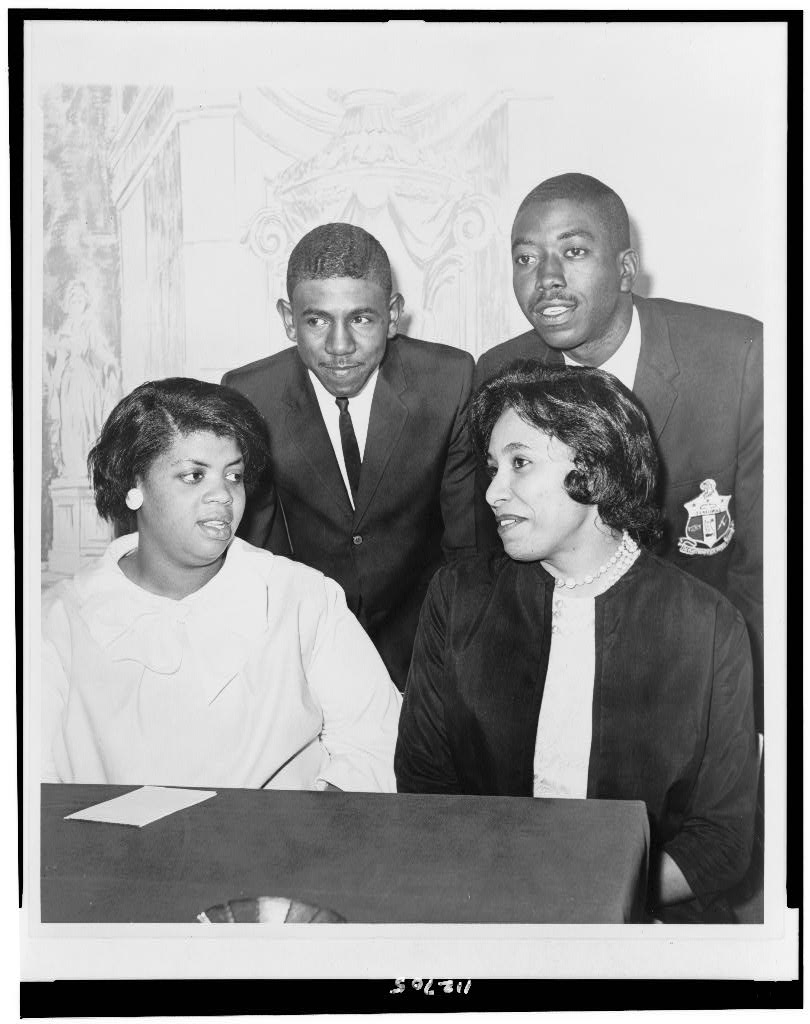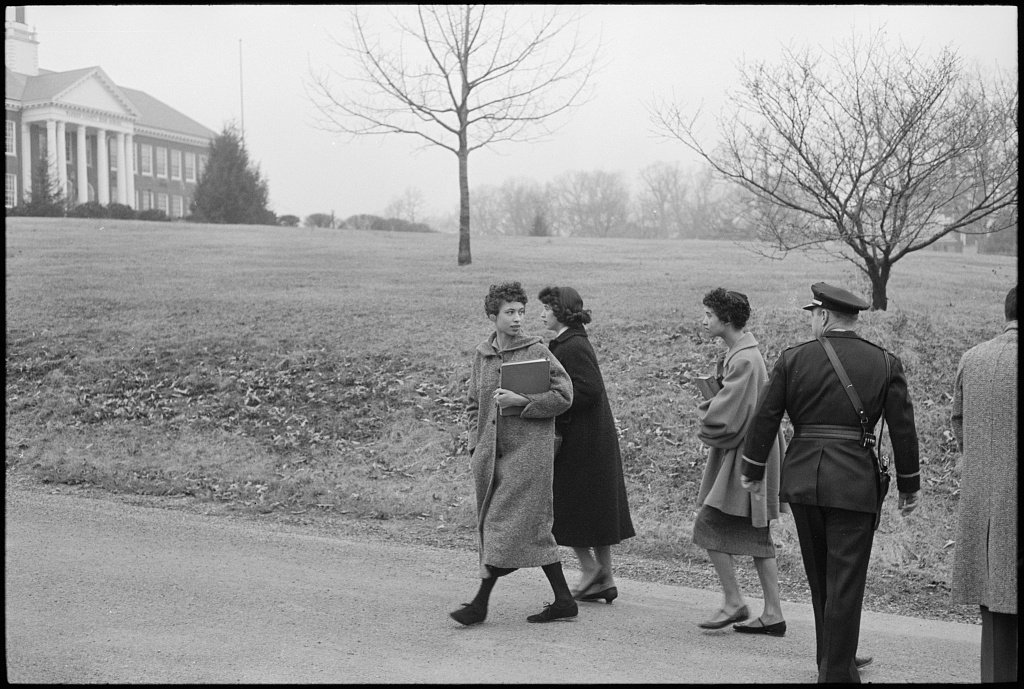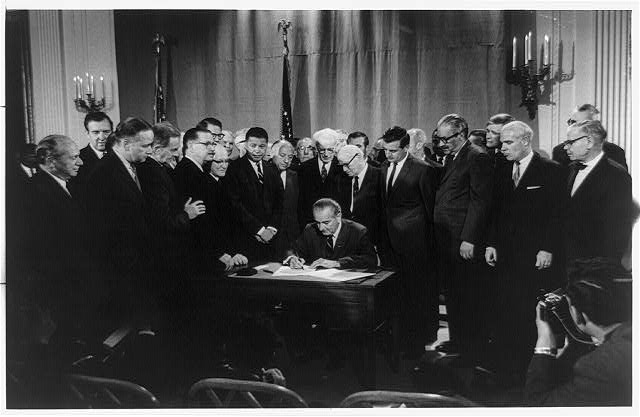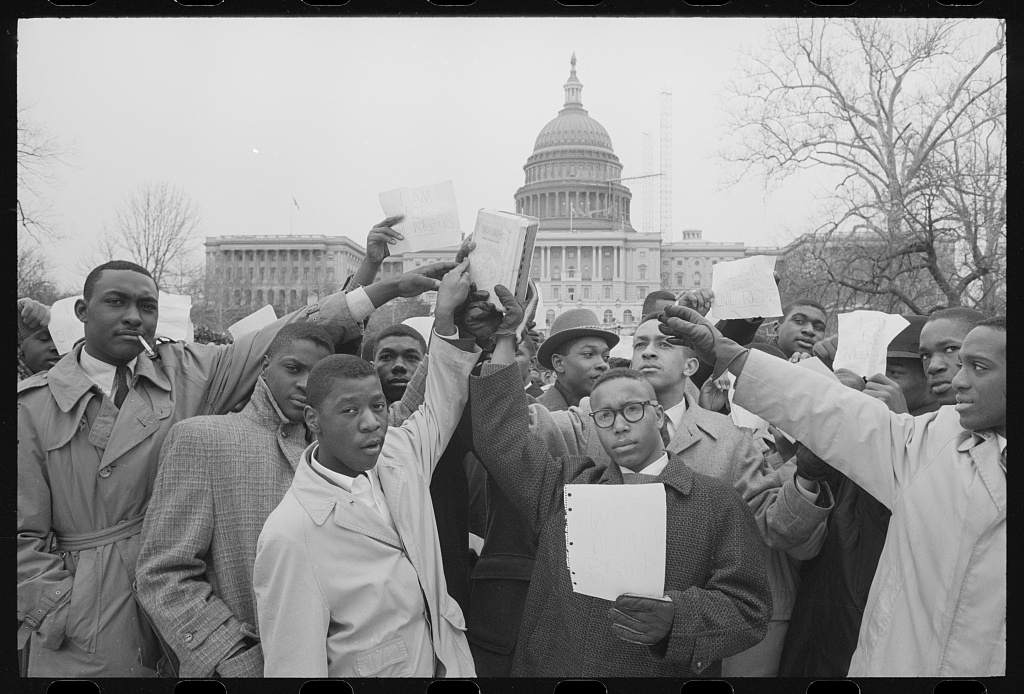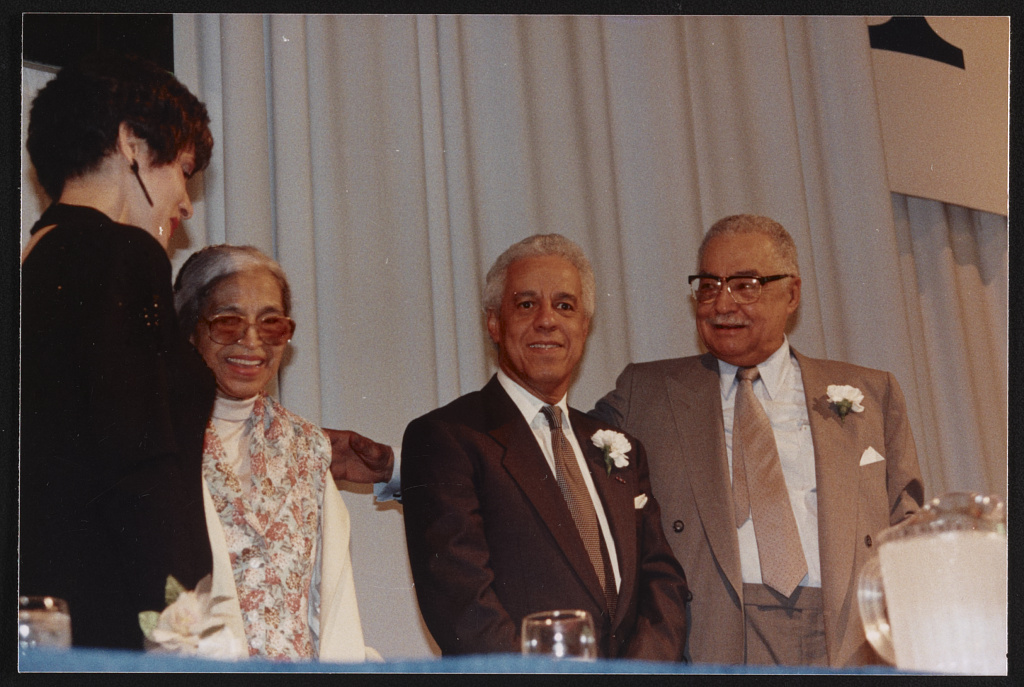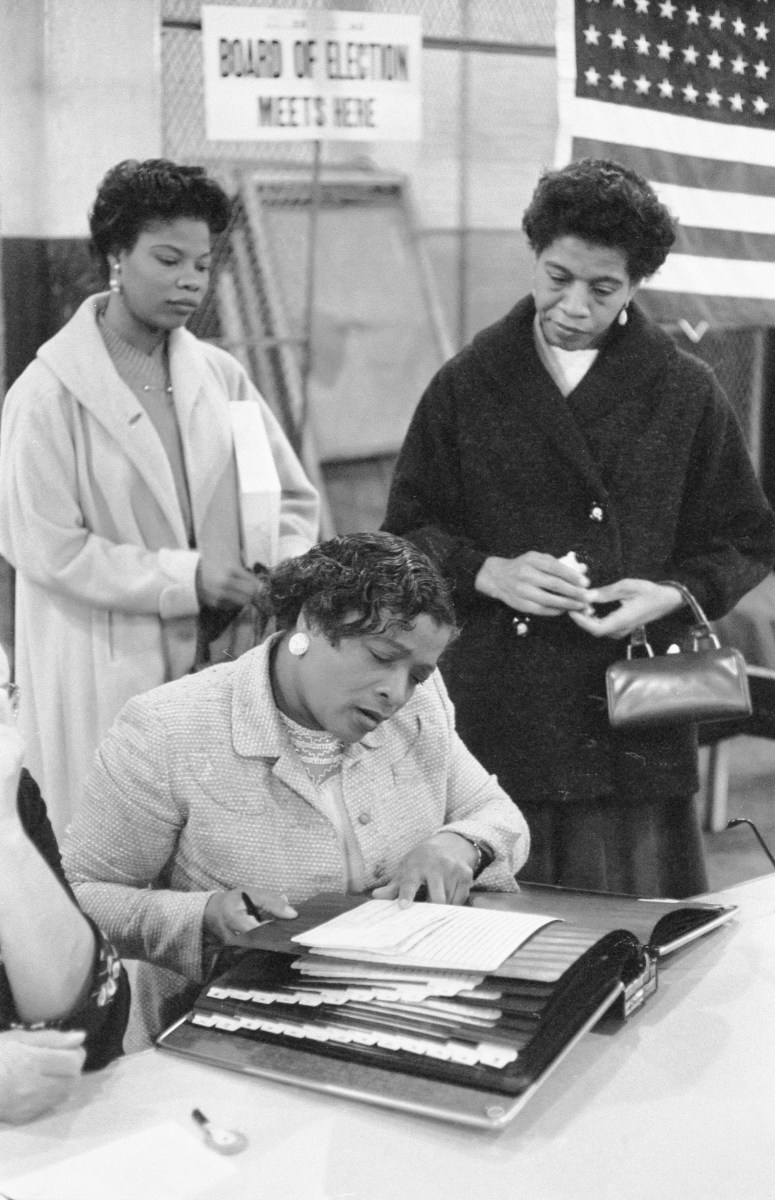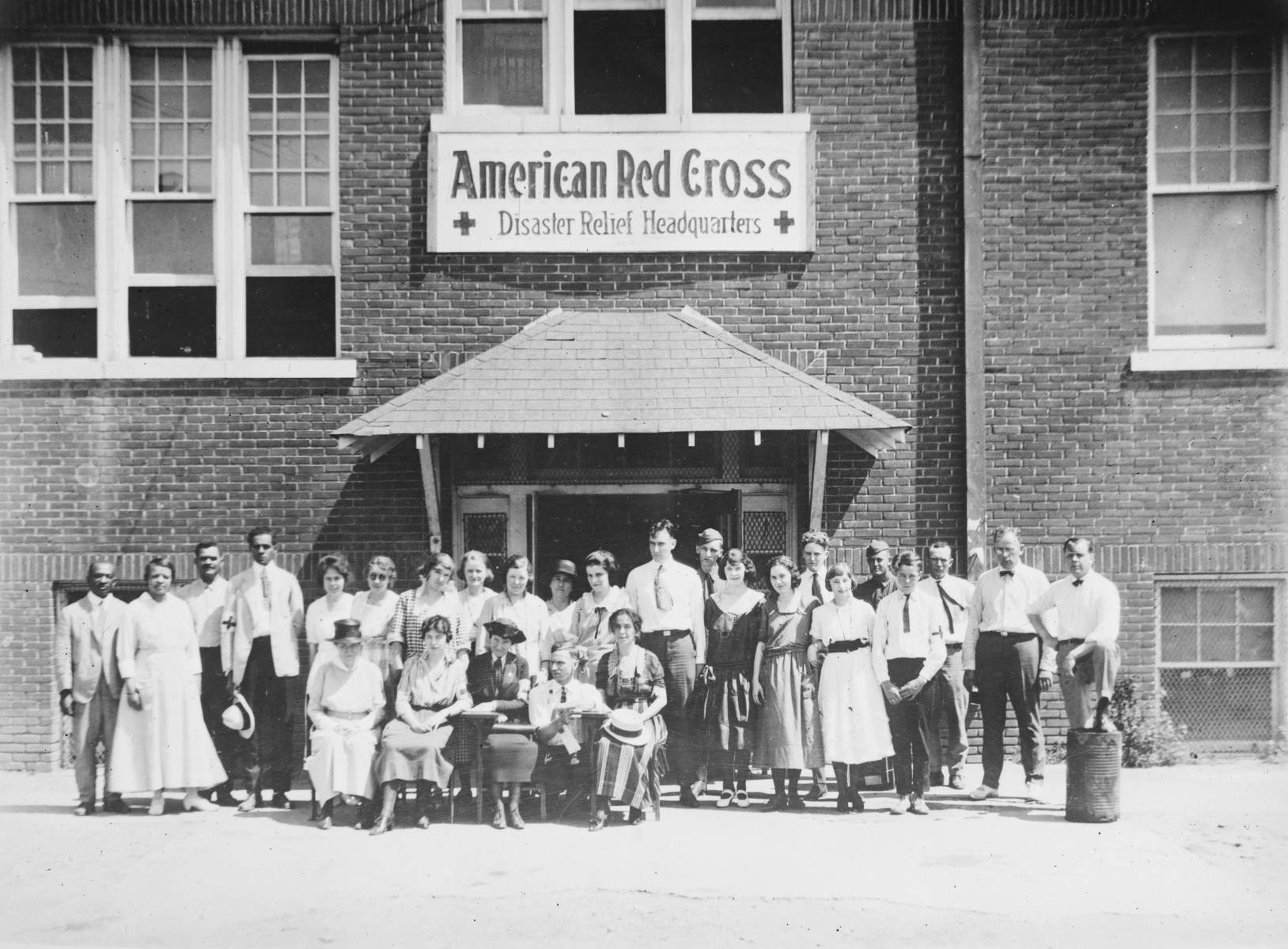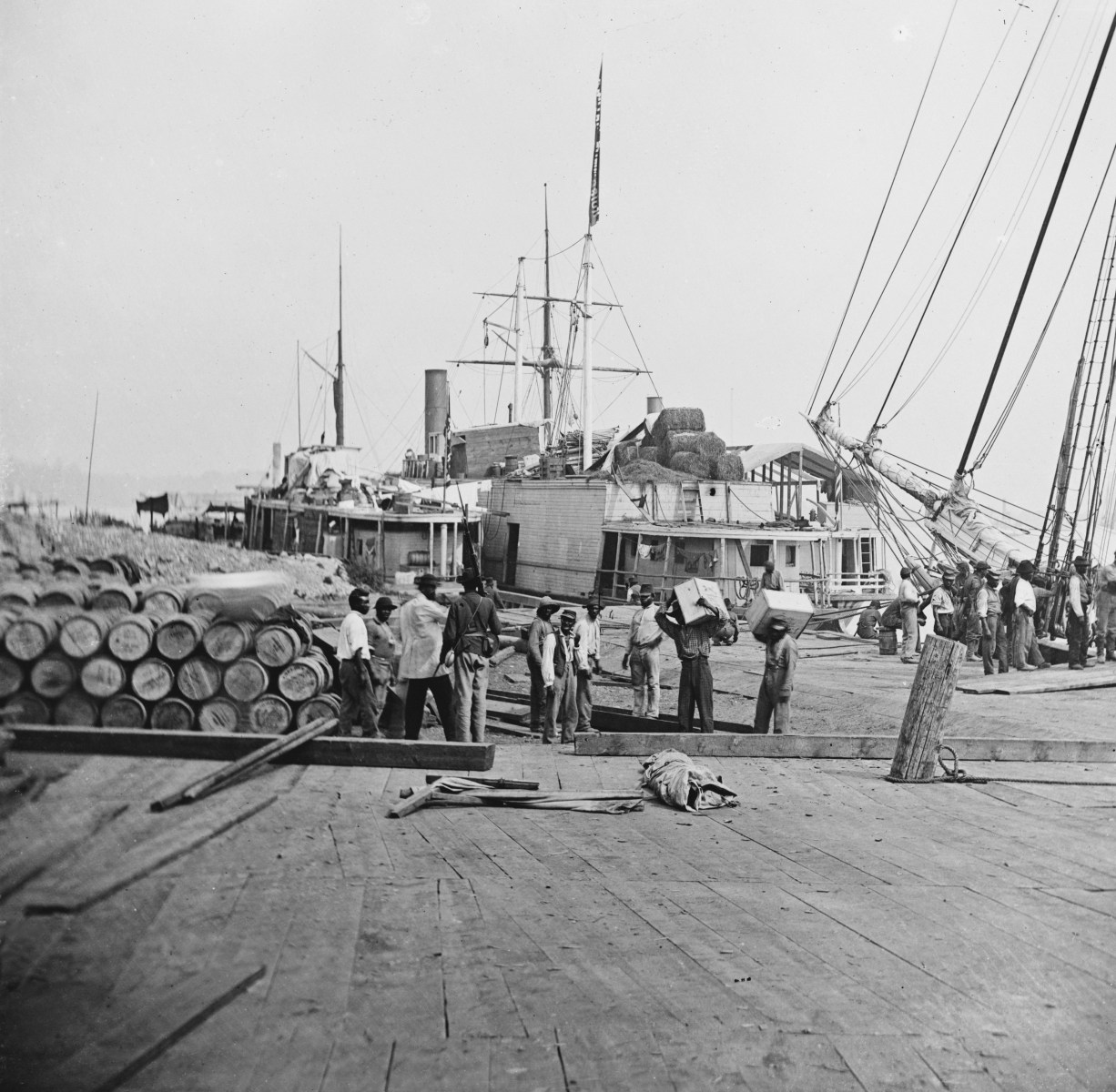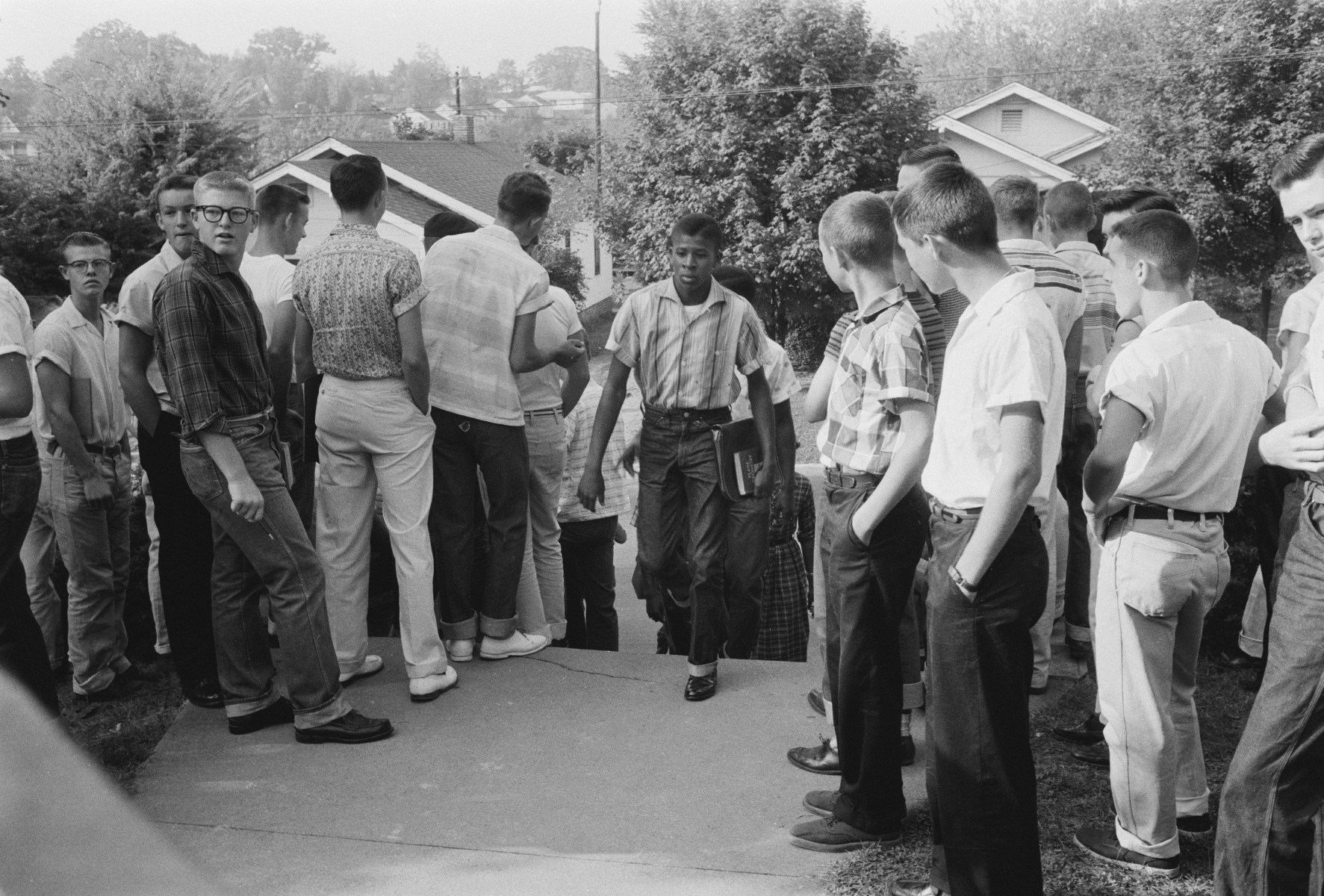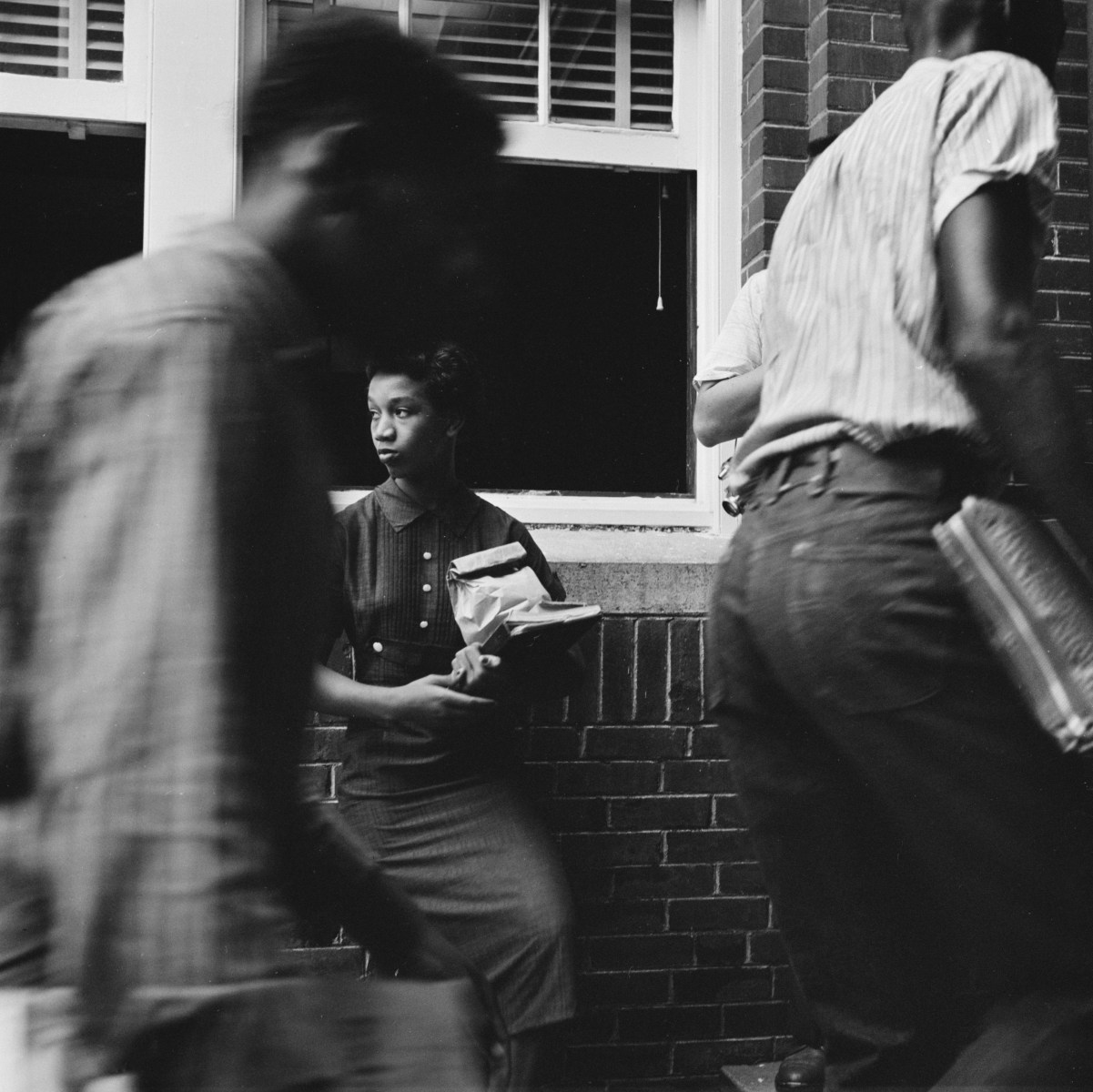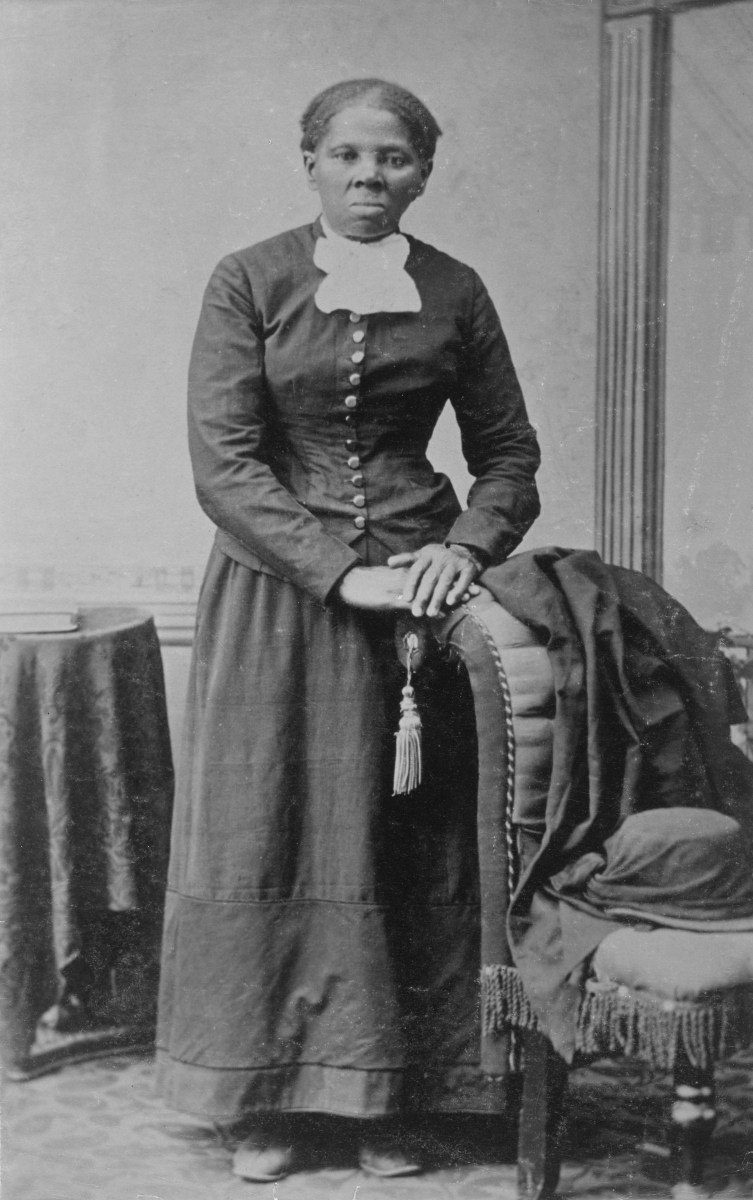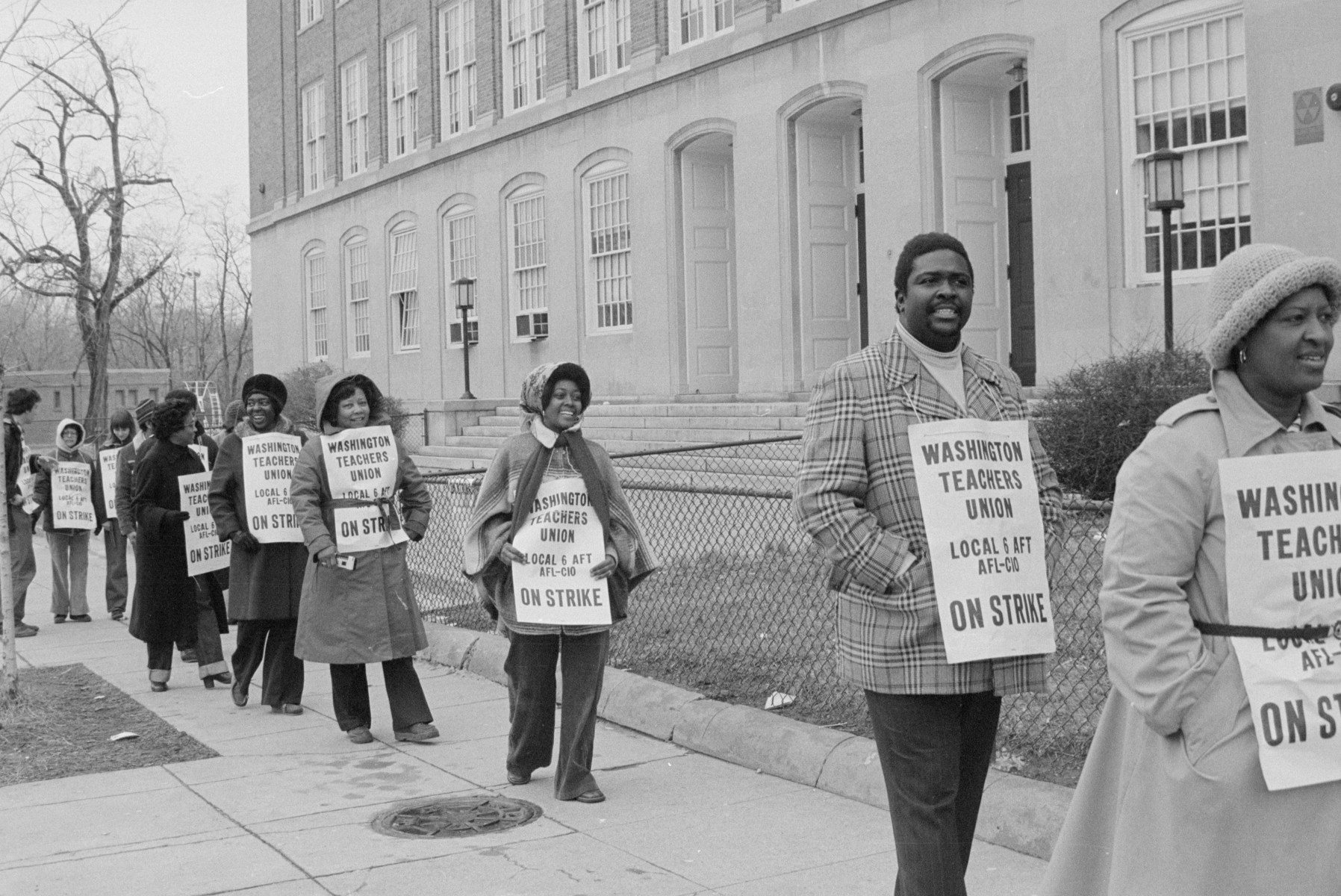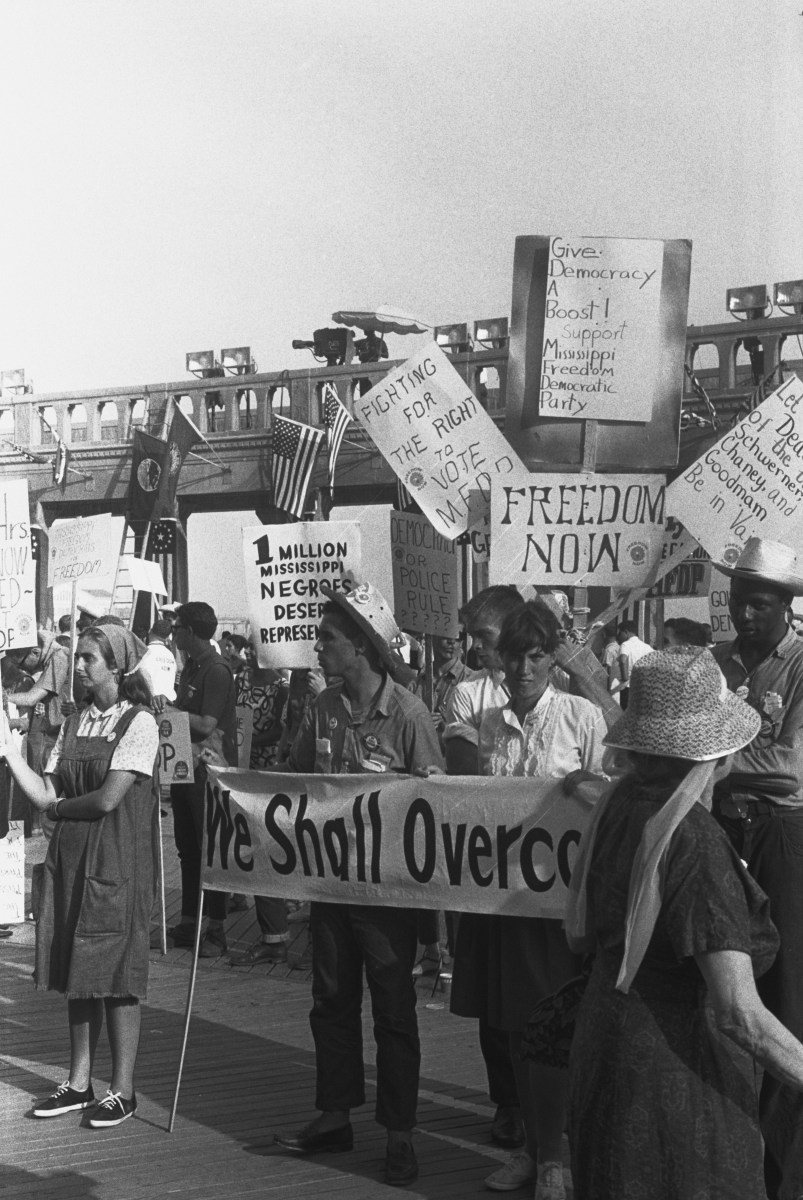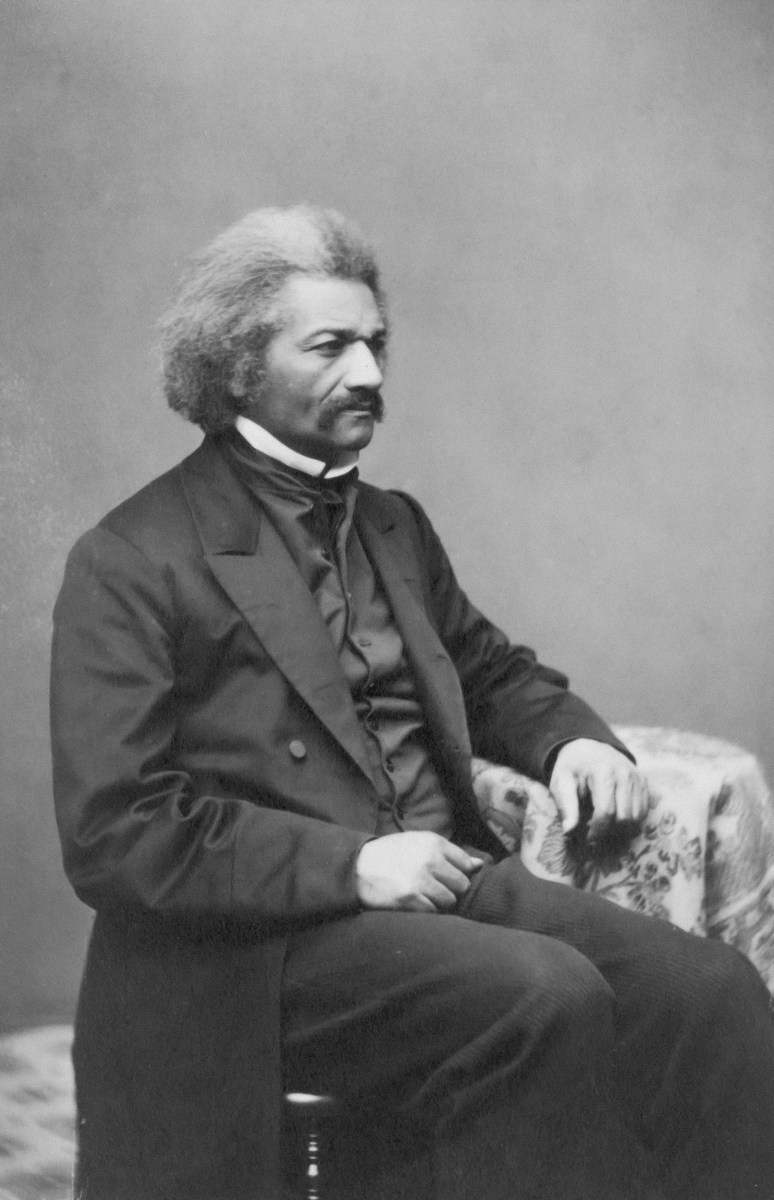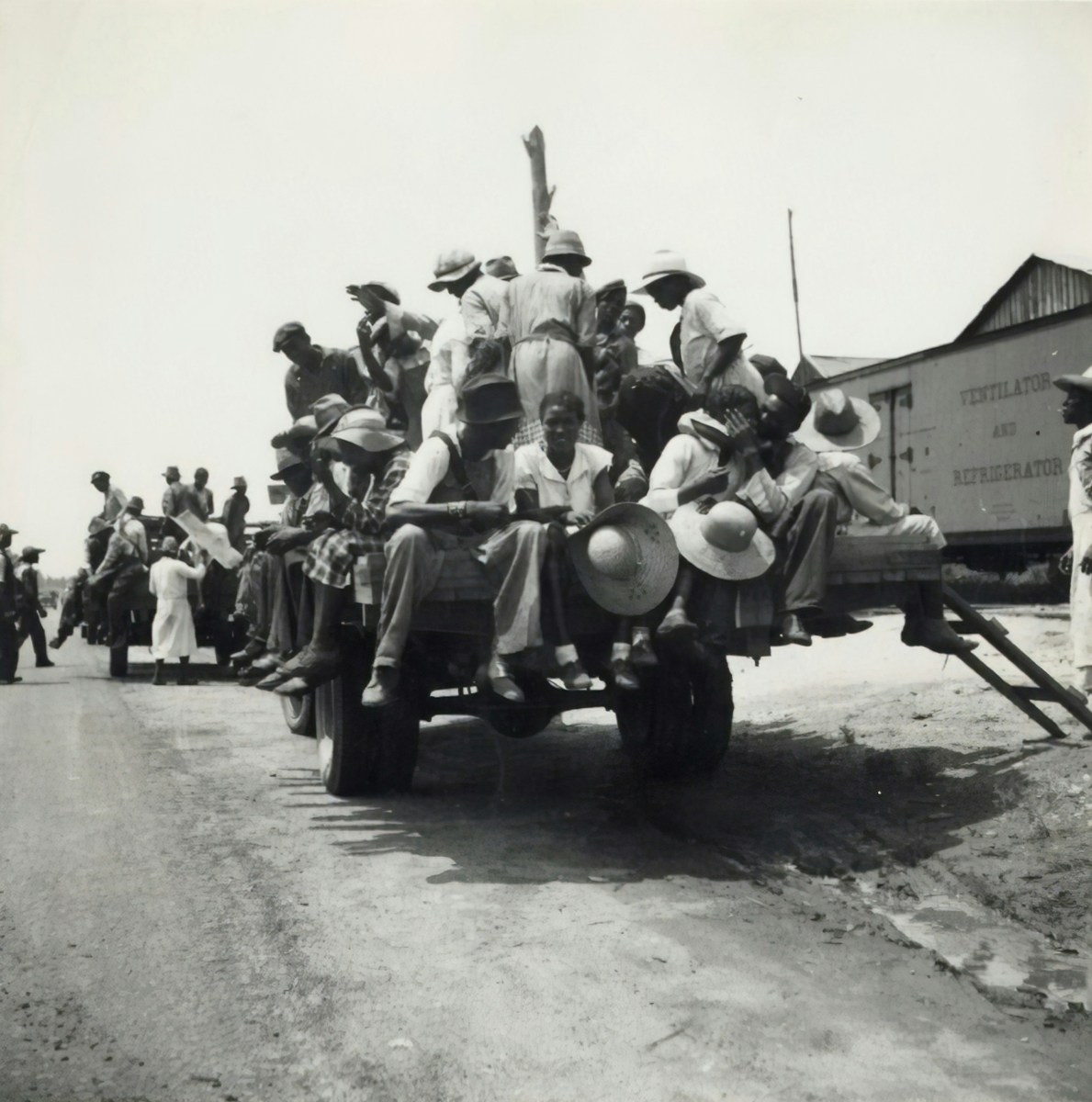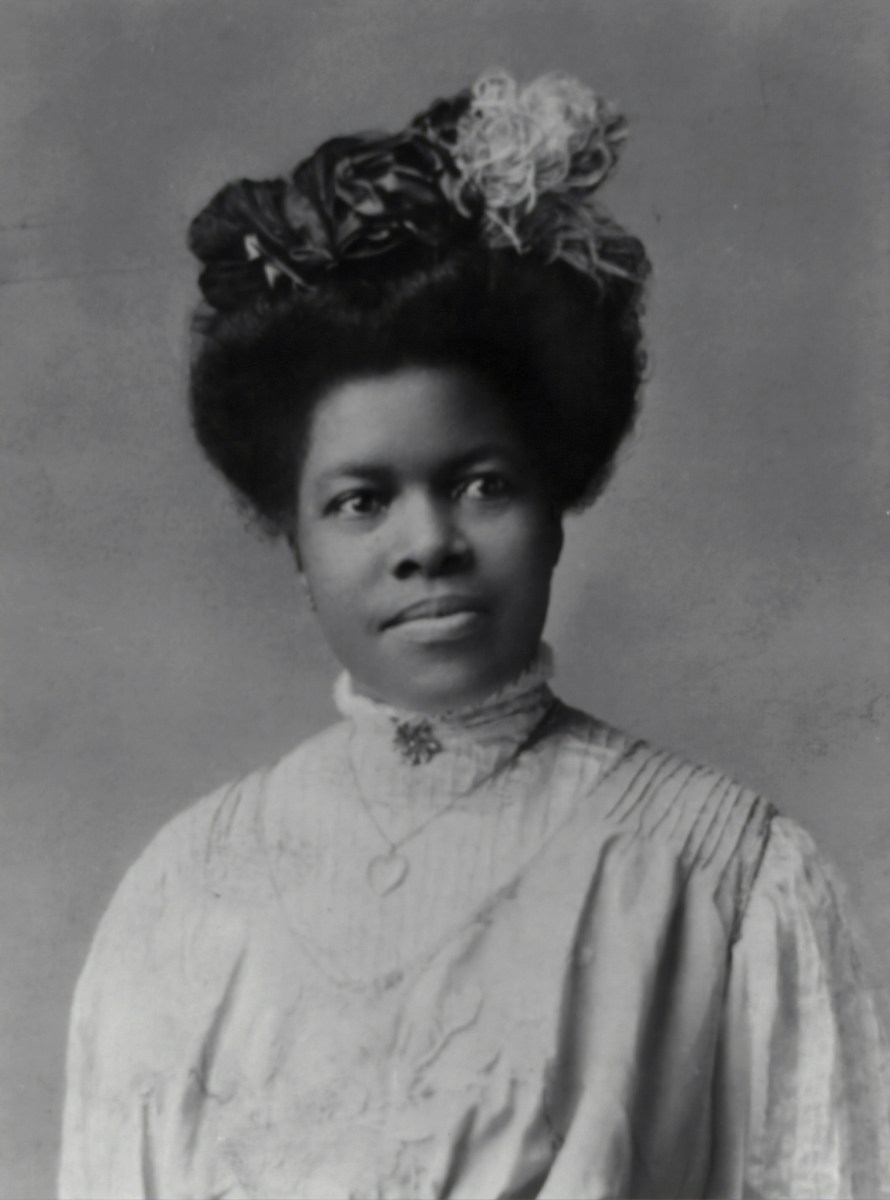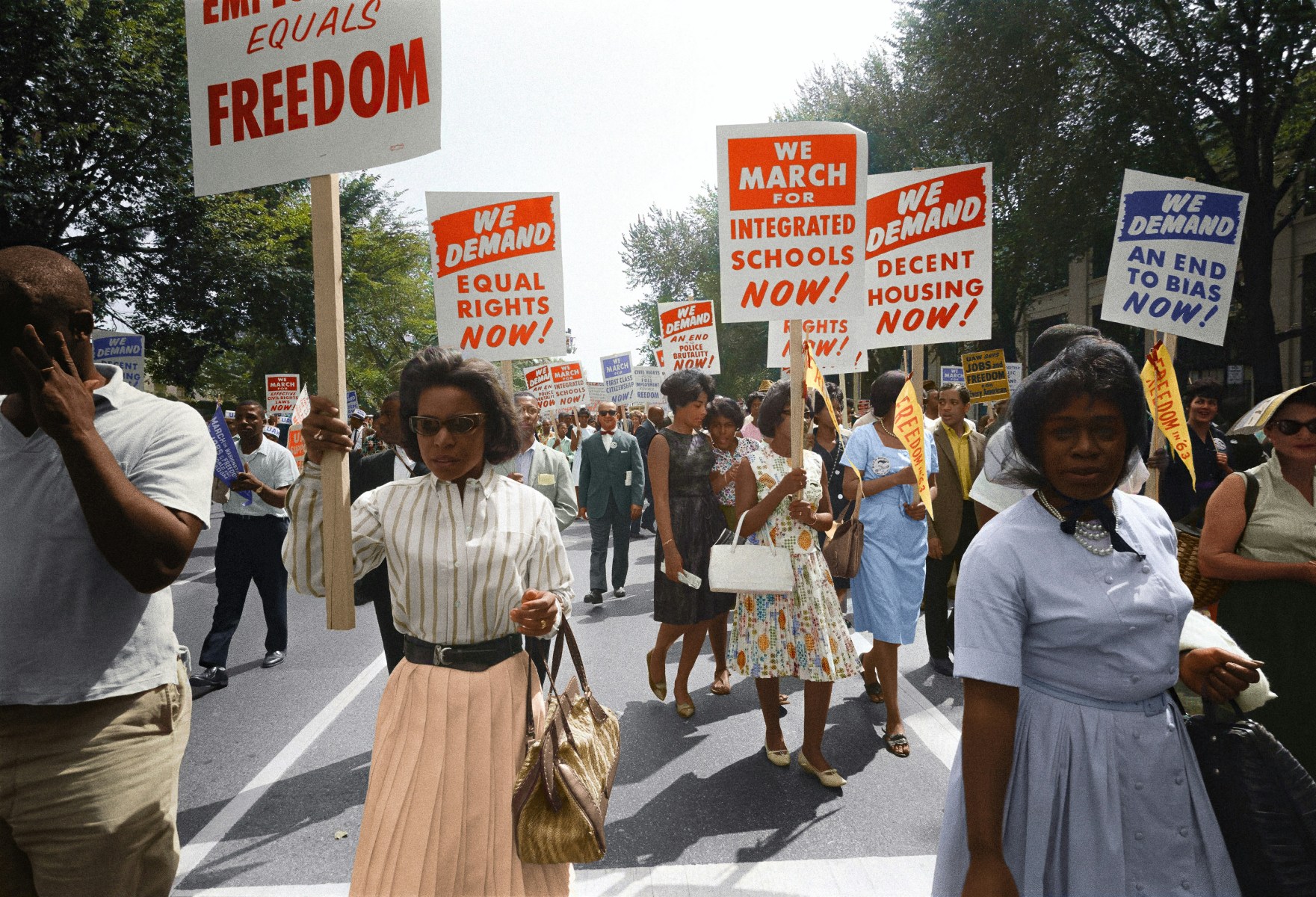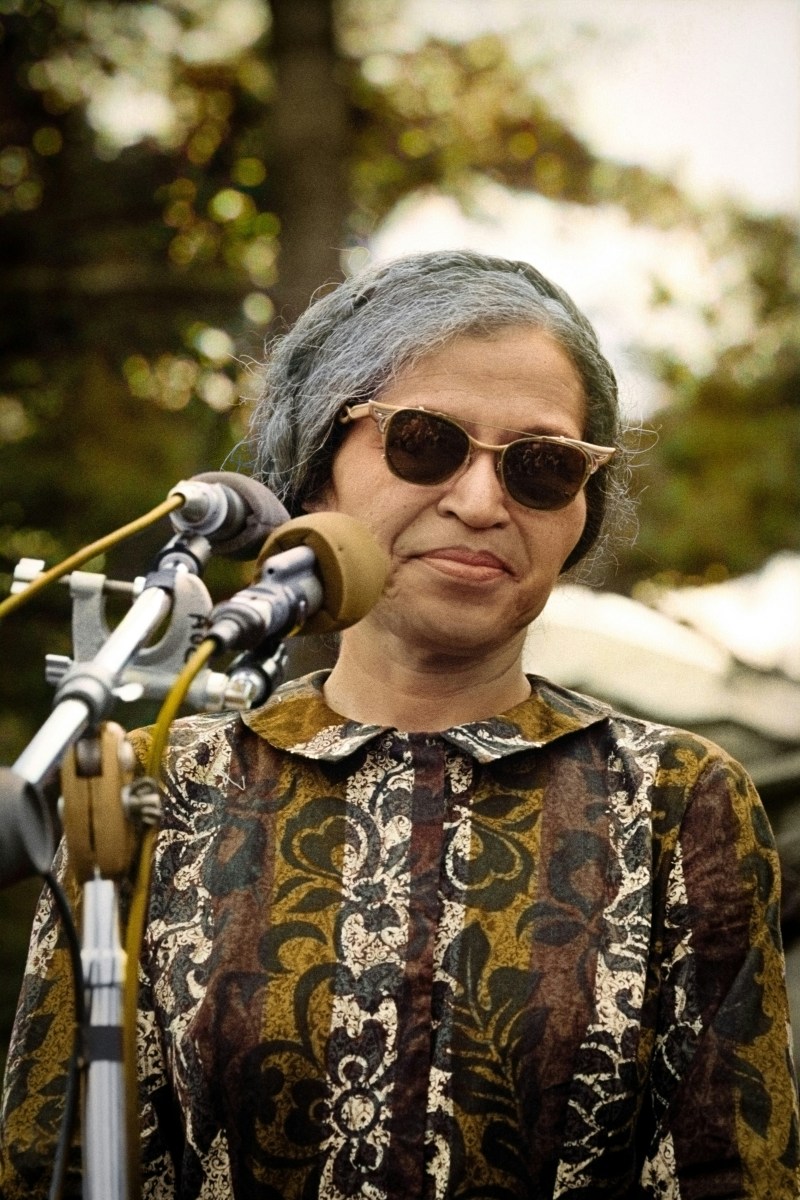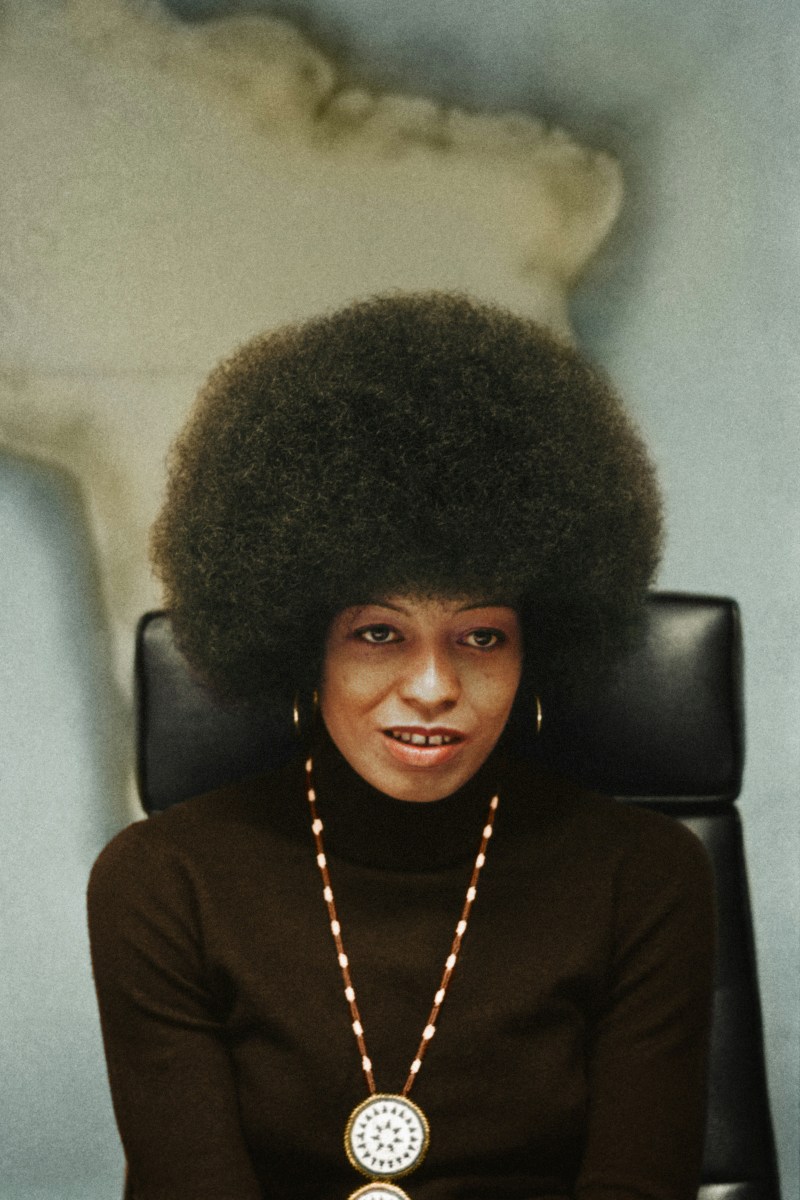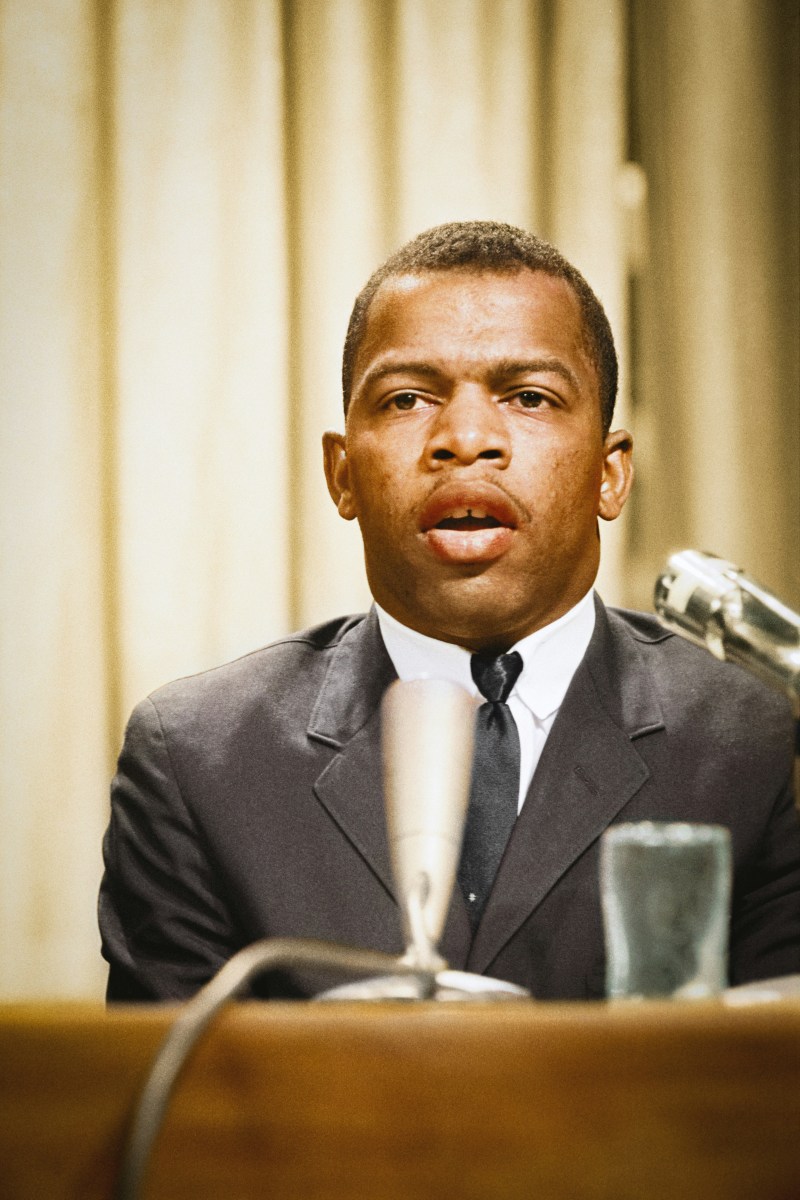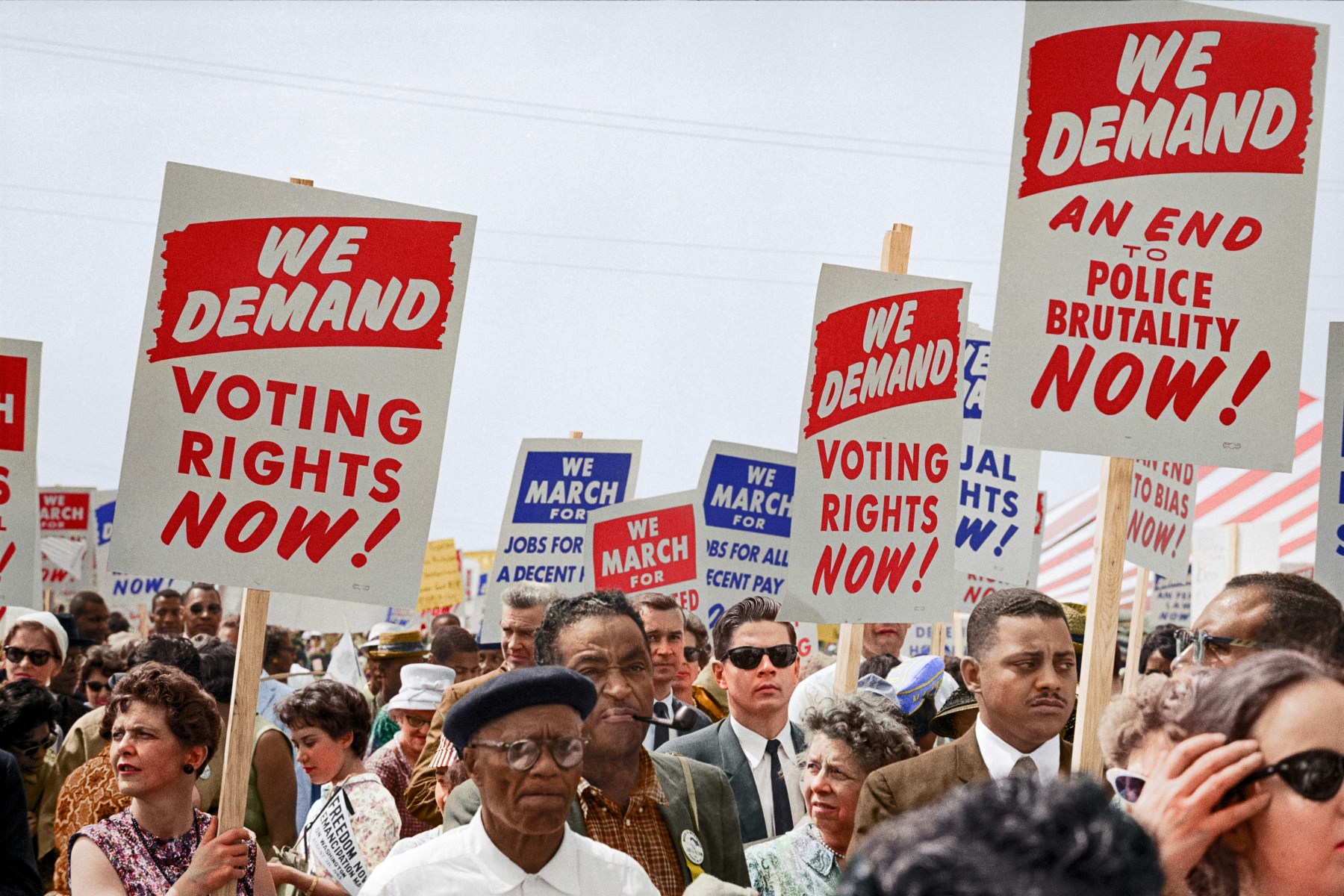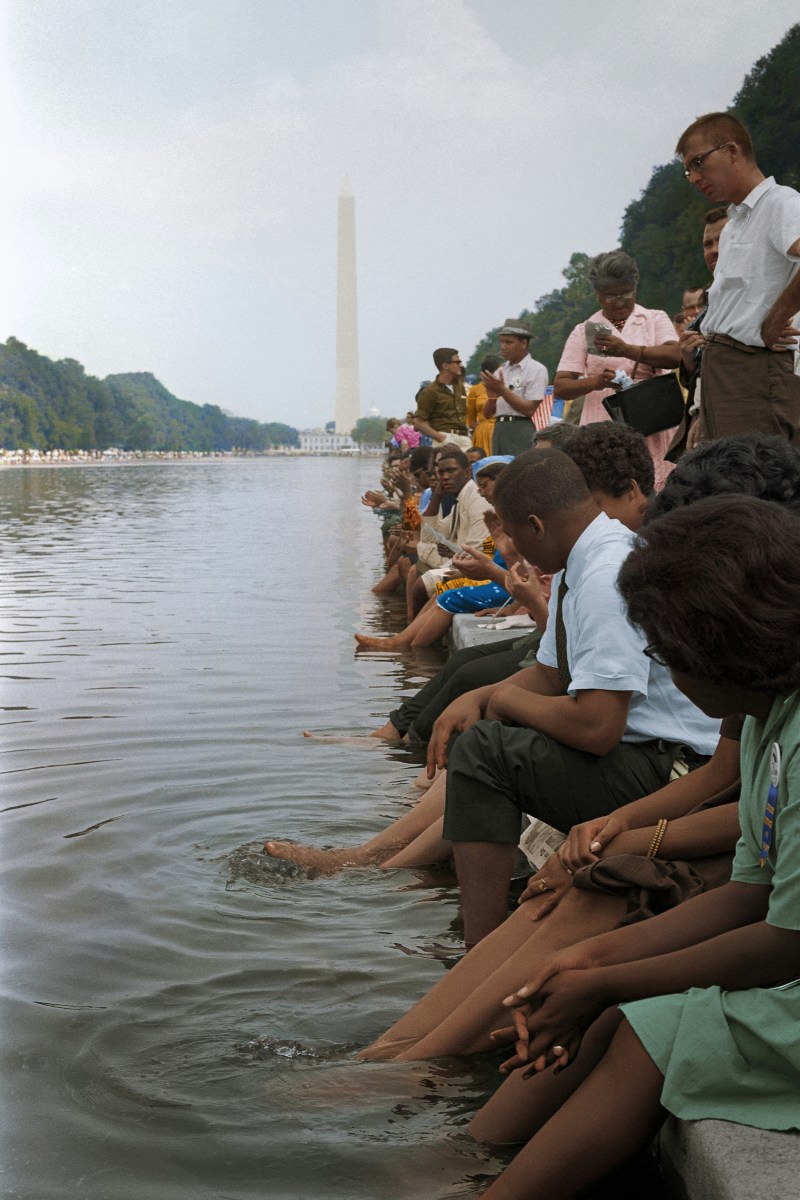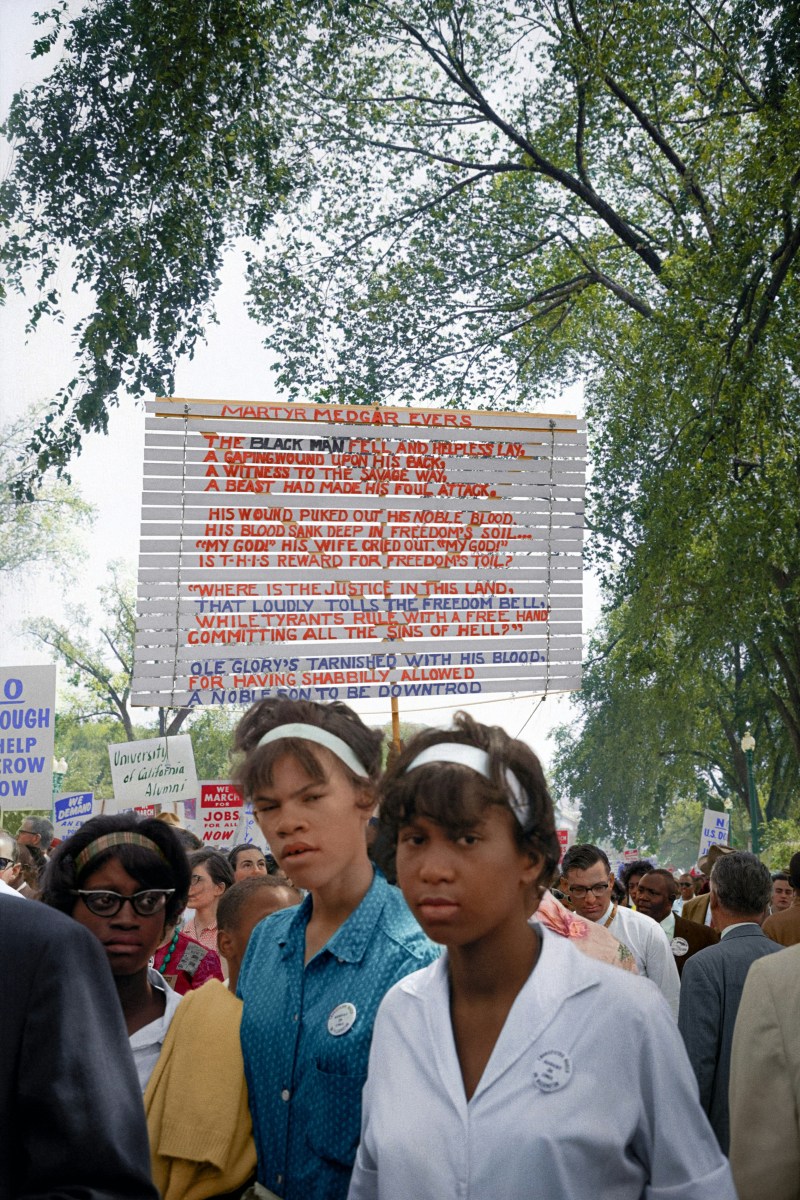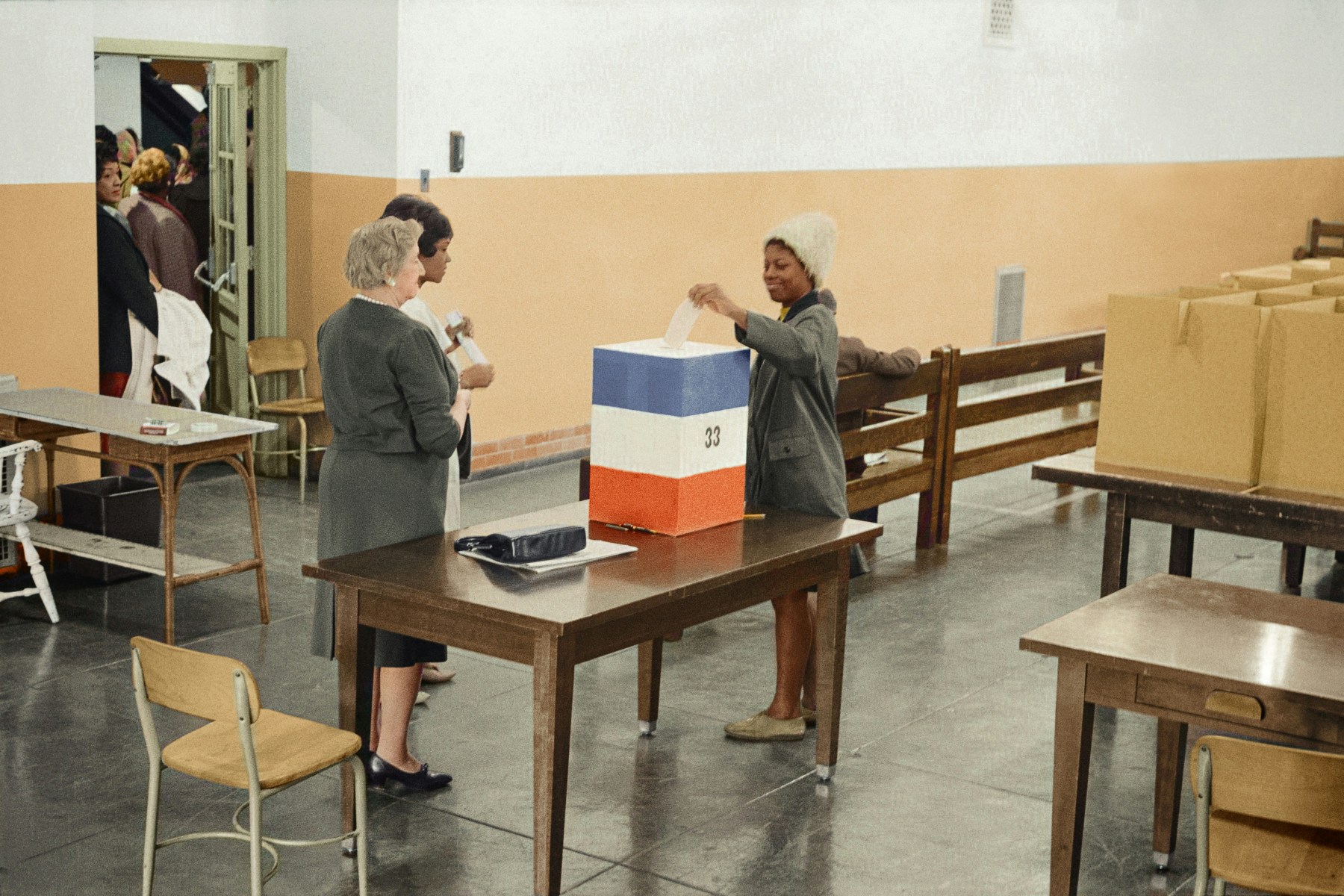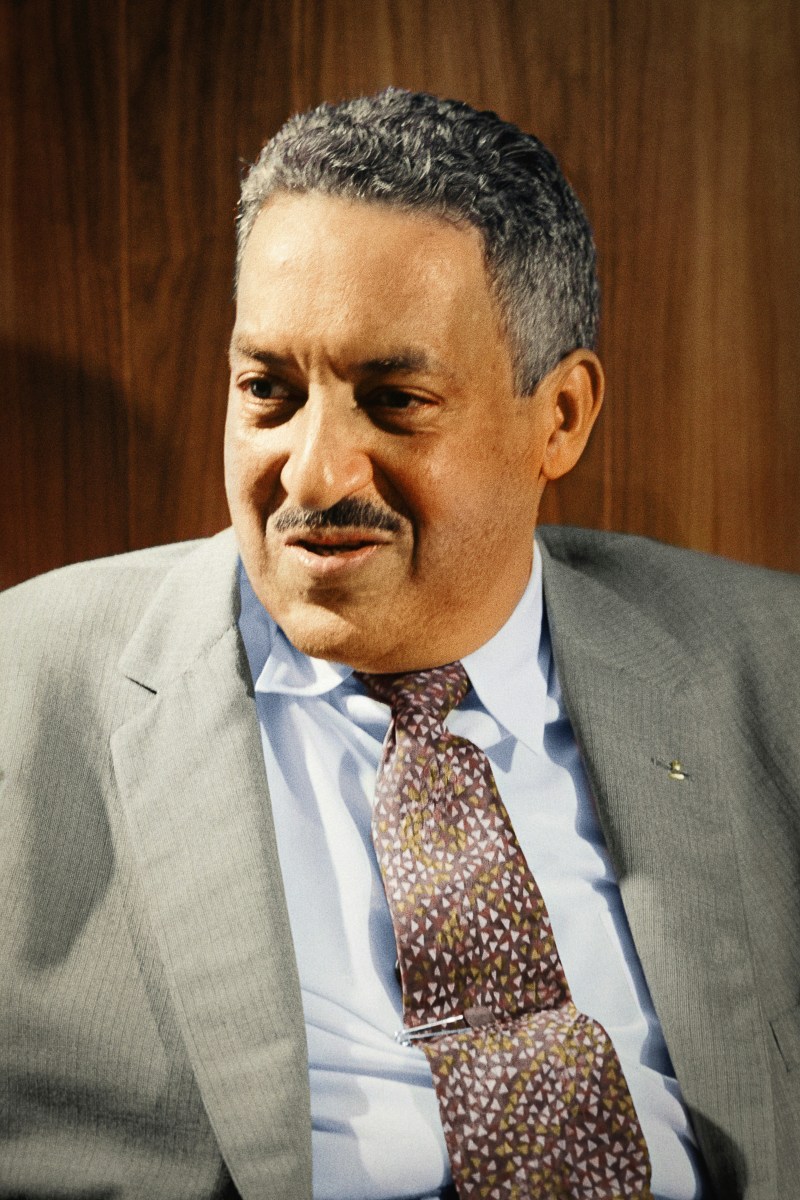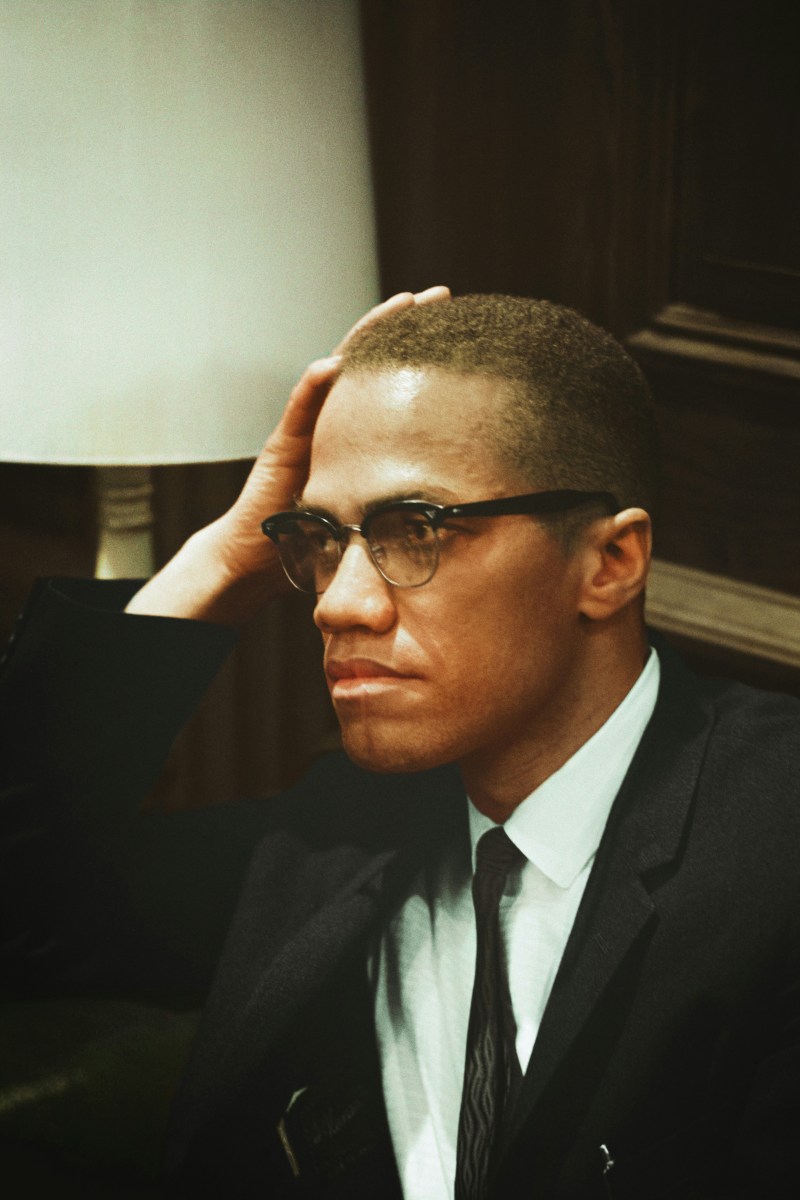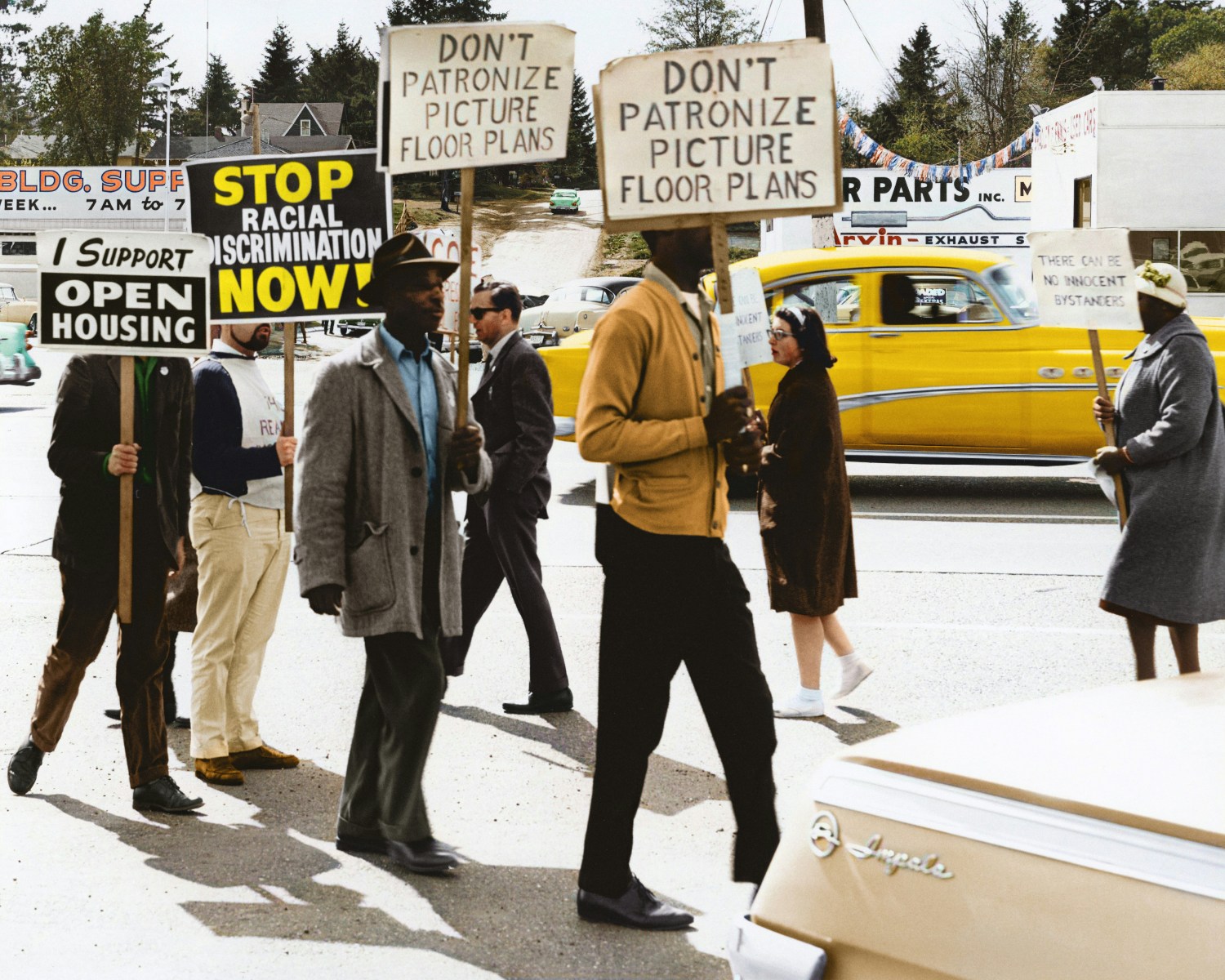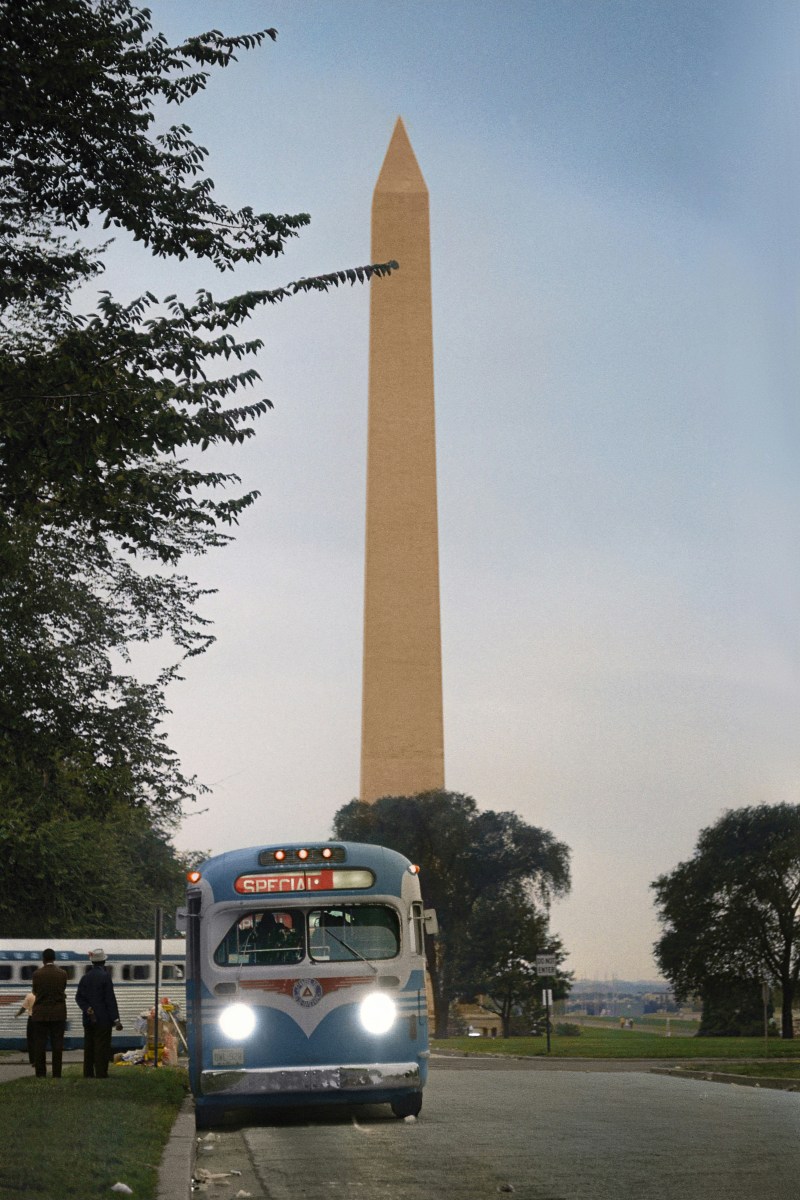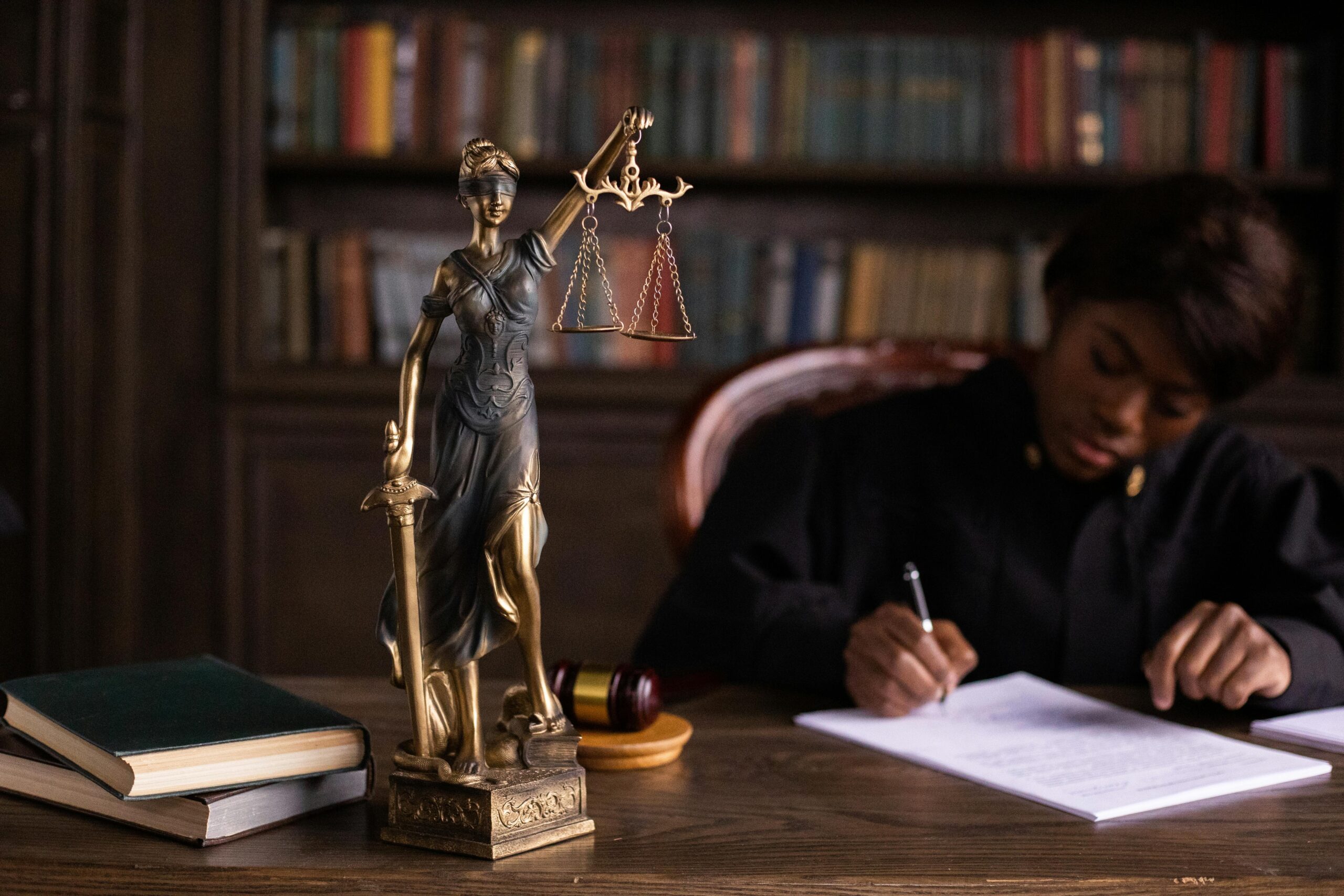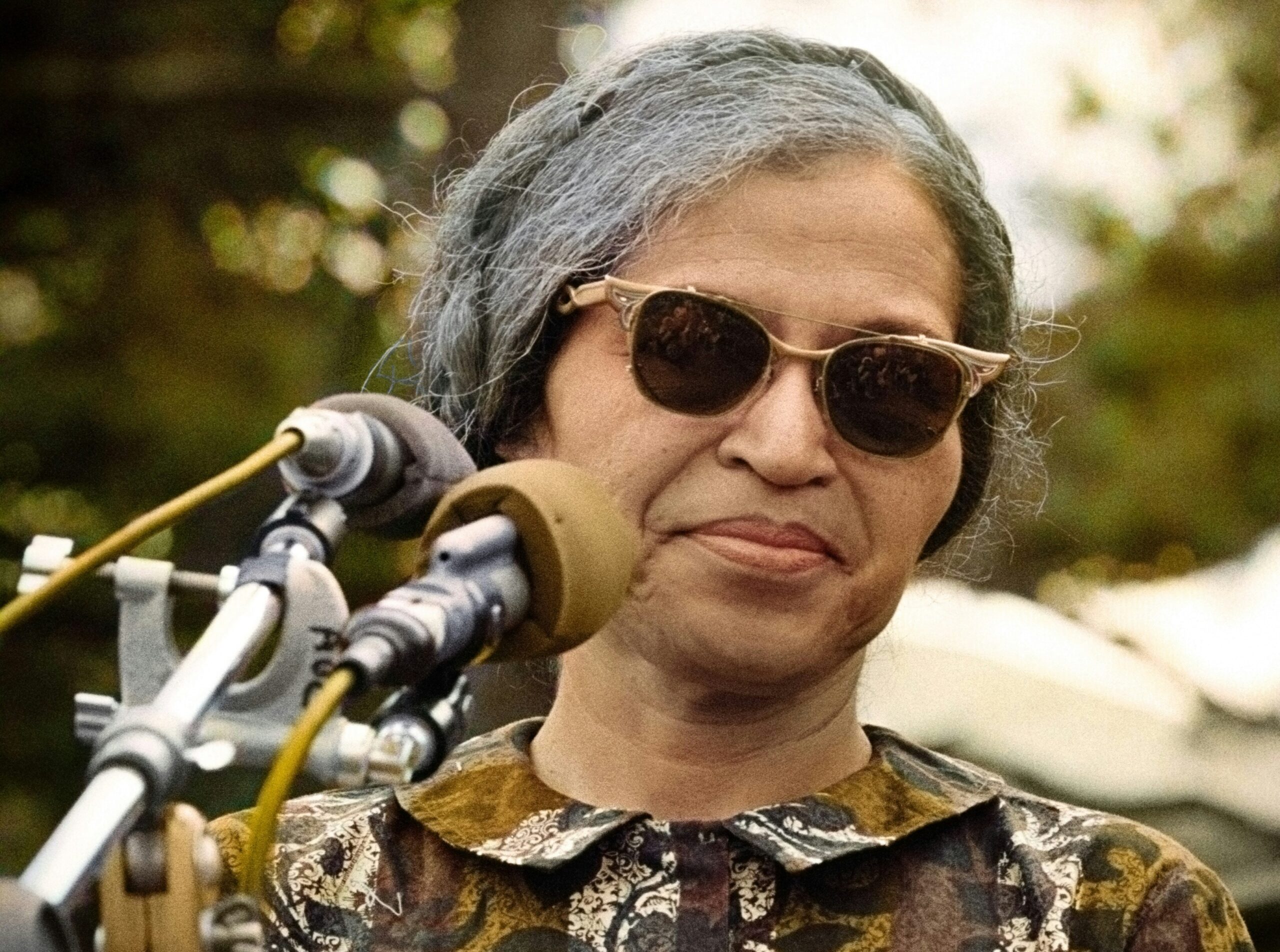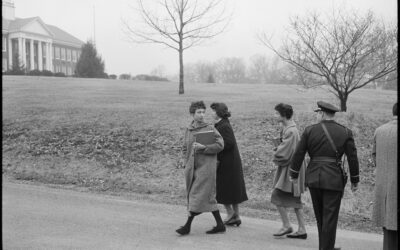A Legacy That Changed the Nation
Black history is American history. From the arrival of enslaved Africans at Point Comfort in 1619 to the enduring fight for freedom and equality, the story of African Americans is one of resilience, innovation, and courage. Hampton Roads stands at the crossroads of this history, playing a pivotal role in shaping the nation’s path toward justice. This webpage provides an overview of the key moments and milestones in Black history, connecting our local heritage to the broader story of America.
Timeline contains images from the Library of Congress Prints & Photography Online Catalog (PPOC). If there are any copyright concerns or information corrections needed, please contact us at marketing@yp.ulhr.org.
Segregation & Resistance (1896–1954)
The Civil Rights Era (1950–1960s)
Empowerment and Innovation (1970s-2010s)
Gallery contains images from the Library of Congress and Unseen Histories. Collected via Unsplash.
The Story Continues
Do you know a story or a leader that deserves to be celebrated? We want to hear from you! This is your opportunity to share local landmarks, historical moments, or nominate contemporary Black leaders who are making an impact in Hampton Roads. Together, let’s honor the legacy of the past while amplifying the voices shaping our future.
"Those who have no record of what their forebears have accomplished lose the inspiration which comes from the teaching of biography and history."
Carter G. Woodson
Related News and Articles
From Negro History Week to Black History Month: The Legacy and Ongoing Battle for Recognition
From Black History Week to Black History Month: The Legacy and Ongoing Battle for Recognition Black History Month, now a cornerstone of cultural recognition and education in the United States and beyond, began as a single week of observance. Its origins trace back to...
Honoring Rosa Parks: A Life of Courage, Friendship, and Lasting Change
Honoring Rosa Parks: A Life of Courage, Friendship, and Lasting Change Born on February 4, 1913, in Tuskegee, Alabama, Rosa Parks became a defining figure in the Civil Rights Movement. Her quiet but firm refusal to give up her bus seat to a white passenger on December...
The Norfolk 17: A Legacy of Courage and Achievement
The Norfolk 17: A Legacy of Courage and Achievement On February 2, 1959, seventeen young students walked through the doors of six all-white schools in Norfolk, Virginia, confronting an entrenched system of segregation. Known as the Norfolk 17, these students were not...

